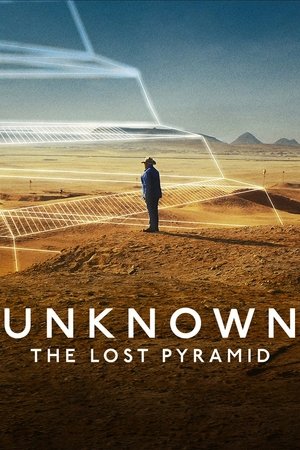
Unknown: The Lost Pyramid
Uncovering lost antiquities is one of those topics that fascinates most of us, especially when they’re documented as the discoveries are made. This is one of the goals behind the Netflix “Unknown” documentary film series in its chronicles of such events around the world. In the series’ latest installment, filmmaker Max Salomon follows the efforts of Egyptologist Zahi Hawass and his colleagues as they seek to find the lost pyramid of Pharoah Huni, a little-known monarch of Egypt’s Old Kingdom, in the necropolis of Saqqara. The structure, believed to be located in an area of the ancient city that hasn’t been excavated (and thus suspected of not having been looted by grave robbers), fills the archaeological team with tremendous enthusiasm as to what they’ll find. It’s also an undertaking largely being conducted by native Egyptian investigators, a departure from previous excavations, which have been almost exclusively conducted by Westerners, a venture that’s hoped will put these researchers on the map in their own right. And, with a scant nine-month digging window open to them, they need to work quickly before desert weather conditions make their efforts impossible until the following year. The film reveals some truly remarkable discoveries, too, some of the most significant finds in the history of Egyptology. However, despite the significance of these revelations, the picture also lays it on a little thick when it comes to what Hawass and company have found. The degree of self-aggrandizing self-congratulation truly becomes tiresome and repetitive, so much so that the unbridled boasting overshadows the most valuable aspects of the film. What’s more, even though some genuinely remarkable artifact discoveries emerge from the excavators’ work, digging on what’s believed to be Huni’s pyramid itself is left at a preliminary stage when the nine months come to an end, suggesting that continued efforts are needed during a subsequent digging season. This means that the chronicling of this venture, though laudable, could nevertheless be premature. In light of this, perhaps it might have been better to wait until the excavation is complete before releasing this offering, as waiting for later may have provided viewers with a fuller, more impressive, more definitive finished product. In short, this documentary feels more like a work in progress than a conclusive record, one that I would have rather watched when complete than in the preliminary stage in which it has been left.
